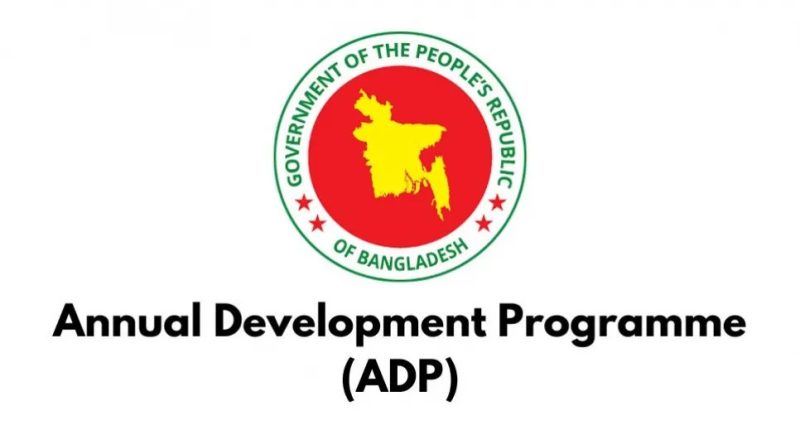Bangladesh’s Ministry of Health and Family Welfare has come under sharp criticism for chronic underperformance, with officials and experts warning that its repeated failure to execute development projects is leaving the country’s health services increasingly fragile.
According to the Implementation Monitoring and Evaluation Division (IMED), the Health Services Division (HSD) implemented just 21 per cent of its Annual Development Programme (ADP) projects in FY2025—the lowest among government agencies and far below the national average of 67.85 per cent.
“How can an important ministry like health execute only 21 per cent of its projects in a full fiscal year?” an IMED official asked, noting that the ministry itself now needs a “fitness test.”
A decade of weak execution
The health ministry has consistently lagged behind other ministries for more than a decade. IMED data shows the HSD executed 76.65 per cent of projects in FY2024, against the national average of 80.92 per cent. In FY2023, it managed 68.2 per cent, compared to 85.17 per cent nationwide. The trend was similar in FY2022 (79.06pc vs. 92.74pc) and FY2021 (57.88pc vs. 82.11pc).
A Planning Commission member said the root problem lies in a shortage of capable project directors and skilled manpower. “Physicians are usually appointed as project directors, but they lack training in procurement laws and project management. This severely hampers development work,” the official explained.
Experts warn of long-term risks
Public health experts say the consequences of these failures are serious. Dr Rashid-e-Mahbub warned that the inability to implement health projects would undermine Bangladesh’s ability to develop quality human resources.
Bangladesh’s public investment in health remains low—around 0.74 per cent of GDP in FY2025, far below the South Asian average and well under 1 per cent for the past two decades. The health sector received 5.20 per cent of the FY2025 national budget.
Dr Mohammad Munsur Ahmed, a World Bank consultant, said poor management has left health services in disarray. “The ministry cannot even spend its allocated funds despite receiving them under the ADP,” he noted, urging reforms including the establishment of biomedical engineering and hospital management teams alongside health service units.
No accountability yet
Despite repeated shortfalls, officials say the government has not held ministry leaders accountable for failing to execute development projects. Analysts argue that without structural reform and stronger accountability mechanisms, the health ministry’s chronic inefficiency will continue to weaken Bangladesh’s healthcare system.






